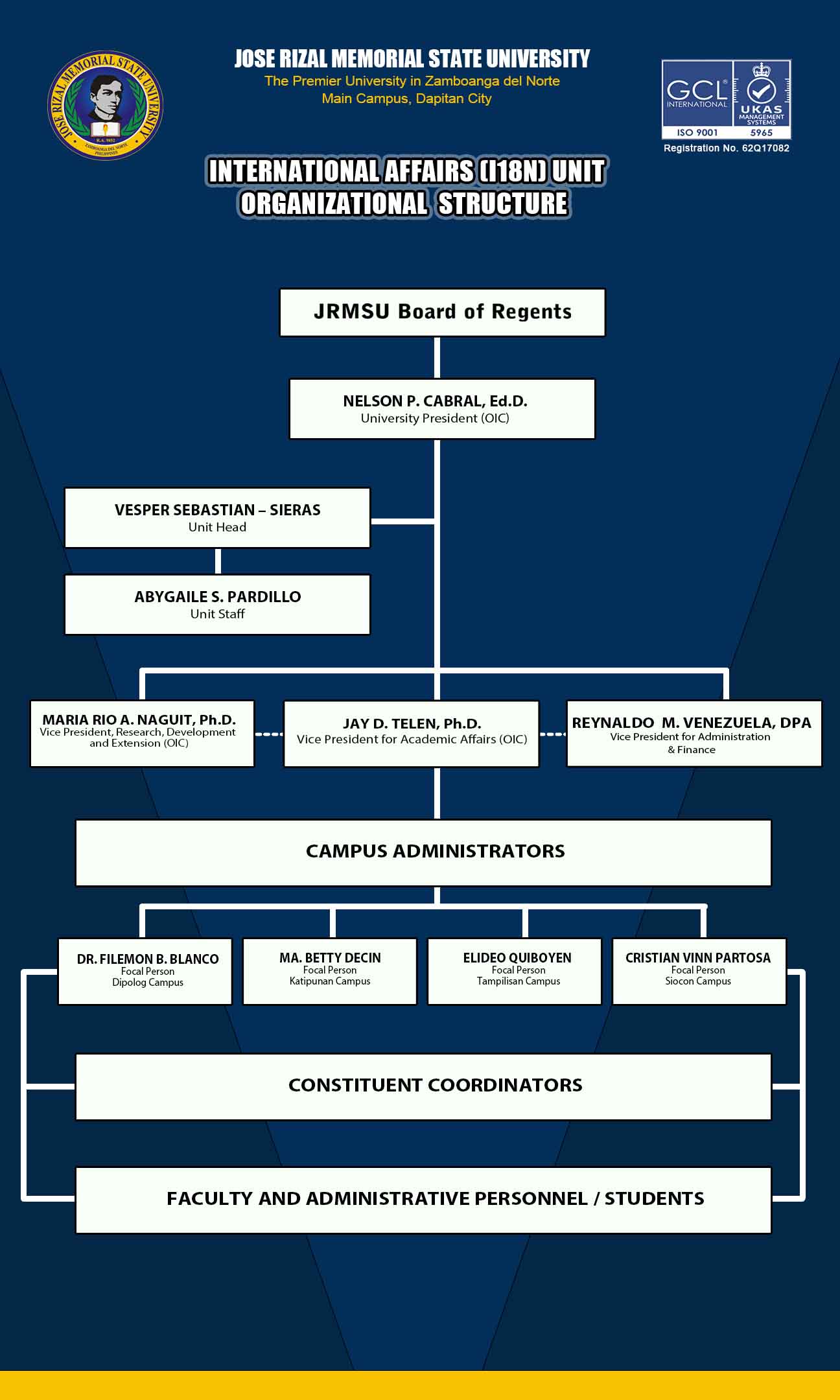Office of International Affairs – Background and Context
With the advent of globalization and rapid changes in information and communication technology – the concept of internationalization is distinguished from international education by the comprehensiveness of the framework and the inclusion of different forms, providers and products of cross-border education apart from internationalization initiatives at home that entails incorporation of international dimensions in the curriculum and the learning process. (CMO 55, s. 2016: Article 1)
Internationalization has increasingly become a key feature of higher education in the global era, in light of the freer flow of students and workers within and across regional economies and the necessity of international linkages in the generation of productive knowledge, innovation and technology. In particular, the integration of ASEAN Member States enlarges the economic space for its members by expanding markets for goods and services. The opportunities and challenges opened by this integration are the backdrops of the Philippines’ comprehension and for searching policy reforms that include the internationalization of higher education. (CMO 55, s. 2016: Article 1)
An internationalization strategy in Philippine higher education is warranted by the demands of integration and globalization which the national higher education system alone cannot adequately meet. In the context of integration, students’ learning environment needs to be enhanced; their experiences diversified and their competencies sharpened, so that they can participate meaningfully in regional and global markets. These are made possible through expanded forms of educational interfaces that widen their educational experiences and mindsets. ( CMO 55,s.2016: Art IV- Sec 7)
Organizational Structure

Contact Information
Postal Mail
JRMSU
International Affairs Office
Gov. Guading Adaza St., Sta. Cruz
Dapitan City, 7101
Zamboanga del Norte
Philippines









